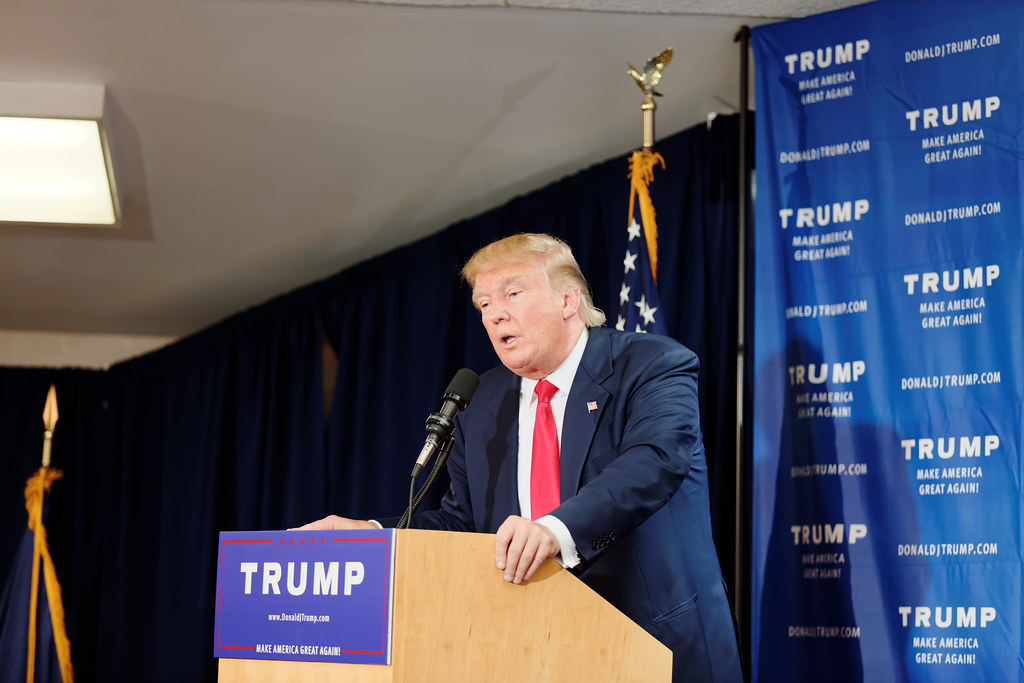The inauguration of President-elect Donald Trump has brought uncertainty to global commodity markets. Traders are closely monitoring the numerous executive orders he is expected to sign upon taking office. One major focus is on Trump’s promise to implement wide-ranging tariffs on foreign goods.
Such measures could have a profound impact on global trade, particularly on commodities such as oil, crops, and metals. Canada, Mexico, and China, who together account for about $1.32 trillion in US imports, are likely to be most affected. The Biden administration’s sanctions on Russia’s petroleum trade are also leading to higher oil tanker rates as the supply of ships decreases.
On January 10, about 160 Russian oil tankers were sanctioned, impacting roughly one-tenth of the current crude-carrying fleet. Benchmark tanker rates have since more than doubled, the largest daily increase observed since August.
Trump’s impact on global trade
In the mining industry, a potential merger between Rio Tinto Group and Glencore Plc has caught attention. Although discussions are not currently active, a combination of these two companies would represent the largest-ever mining deal. Rio Tinto is the world’s second-biggest metals producer, while Glencore has a market value of about $56 billion.
Meanwhile, US stockpiles of chilled pork bellies, the cut used to make bacon, have been below average, driven by strong demand. Traders will focus on the US Department of Agriculture’s monthly cold storage report on January 24 for insights into pork demand, as well as other meats, dairy goods, poultry, fruits, and vegetables. In Europe, cold weather is depleting natural gas inventories, setting the stage for a global competition for supplies, especially as the European Union considers phasing out Russian liquefied natural gas.
Emerging countries in Asia and South America risk being priced out of the market. As President-elect Trump prepares to return to the White House, traders remain on edge, anticipating insights into his protectionist “America First” policies, which include universal tariffs, increased government borrowing, massive tax cuts, and aggressive global trade wars. These measures are expected to stoke inflation, further strengthening Gold’s position as an inflation hedge.







